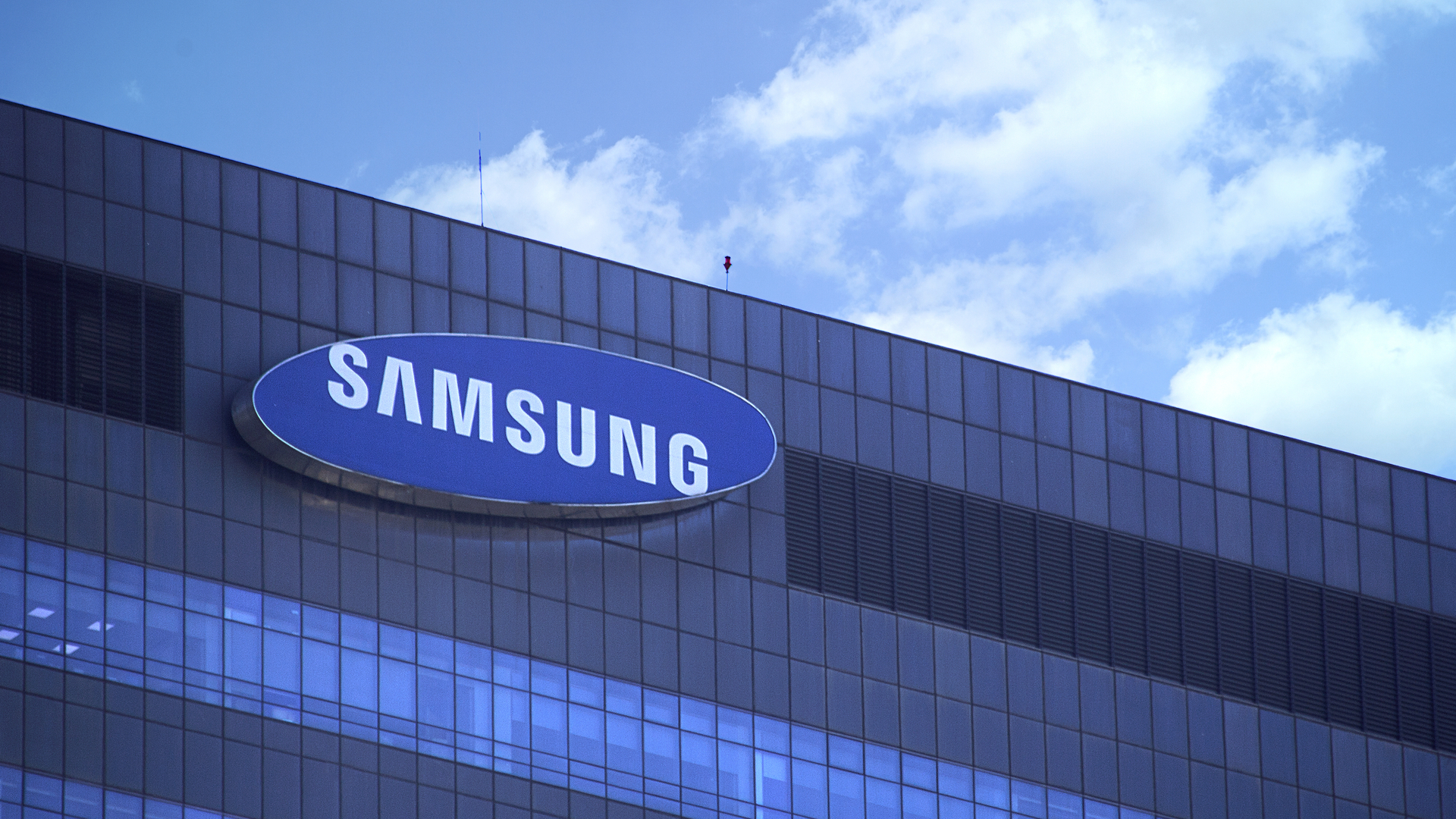Samsung invests £150 billion to become global chipmaking leader
The three-year plan will also see the firm make 40,000 hires


Samsung has outlined plans to invest 240 trillion won (roughly £150 billion) in semiconductors, biopharmaceuticals and next-generation networking among other key strategic areas over the next three years.
The majority of this funding, approximately 180 trillion won (approximately £112 billion), will be directed on expanding facilities and staffing in South Korea, although Samsung didn’t reveal a precise investment plan, according to the Korea Herald.
This investment package will also involve hiring 40,000 people during the execution of the plan. This is on top of 30,000 hires that were already planned.
The overall package also involves spending that Samsung previously outlined, namely a £110 billion investment up to 2030 in order to expand its chipmaking capabilities. This new, aggressive plan, however, involves spending much greater sums of cash within a much shorter timeframe.
The aim is to position Samsung as a global leader in strategically important areas, such as the tumultuous semiconductor industry. The firm plans to invest in advanced processes to allow it to maintain a leadership position in memory and logic chips.
For system-on-chip, the firm raised the importance of timely development of advanced processes, with Samsung aiming to start producing 3nm chips on a massive scale soon.
RELATED RESOURCE

Manufacturing modernisation: How to get there
Get your free guide to modernising your factories with mobile technology
Beyond chipmaking and biopharmaceuticals, the firm will also continue its research into technologies such as 6G, by investing in telecoms infrastructure and software.
Get the ITPro daily newsletter
Sign up today and you will receive a free copy of our Future Focus 2025 report - the leading guidance on AI, cybersecurity and other IT challenges as per 700+ senior executives
Samsung’s aggressive levels of investment are particularly important because the semiconductor industry is one of the biggest in South Korea, and computer chips are one of its largest exports.
This round of investment comes after Intel announced earlier this year that it plans to reinvigorate its business with a $20 billion (roughly £15 billion) restructuring. The project, dubbed IDM 2.0, comes after Nvidia superseded Intel to become the most valuable chipmaker, while the firm also faced delays to key products.
While Samsung’s package appears to dwarf Intel’s, the South Korean firm’s plan also involves spending on emerging technologies such as AI and robotics, as well as display applications, high-density and solid-state batteries.

Keumars Afifi-Sabet is a writer and editor that specialises in public sector, cyber security, and cloud computing. He first joined ITPro as a staff writer in April 2018 and eventually became its Features Editor. Although a regular contributor to other tech sites in the past, these days you will find Keumars on LiveScience, where he runs its Technology section.
-
 Women show more team spirit when it comes to cybersecurity, yet they're still missing out on opportunities
Women show more team spirit when it comes to cybersecurity, yet they're still missing out on opportunitiesNews While they're more likely to believe that responsibility should be shared, women are less likely to get the necessary training
By Emma Woollacott
-
 OpenAI's new GPT-4.1 models miss the mark on coding tasks
OpenAI's new GPT-4.1 models miss the mark on coding tasksNews OpenAI says its GPT-4.1 model family offers sizable improvements for coding, but tests show competitors still outperform it in key areas.
By Ross Kelly